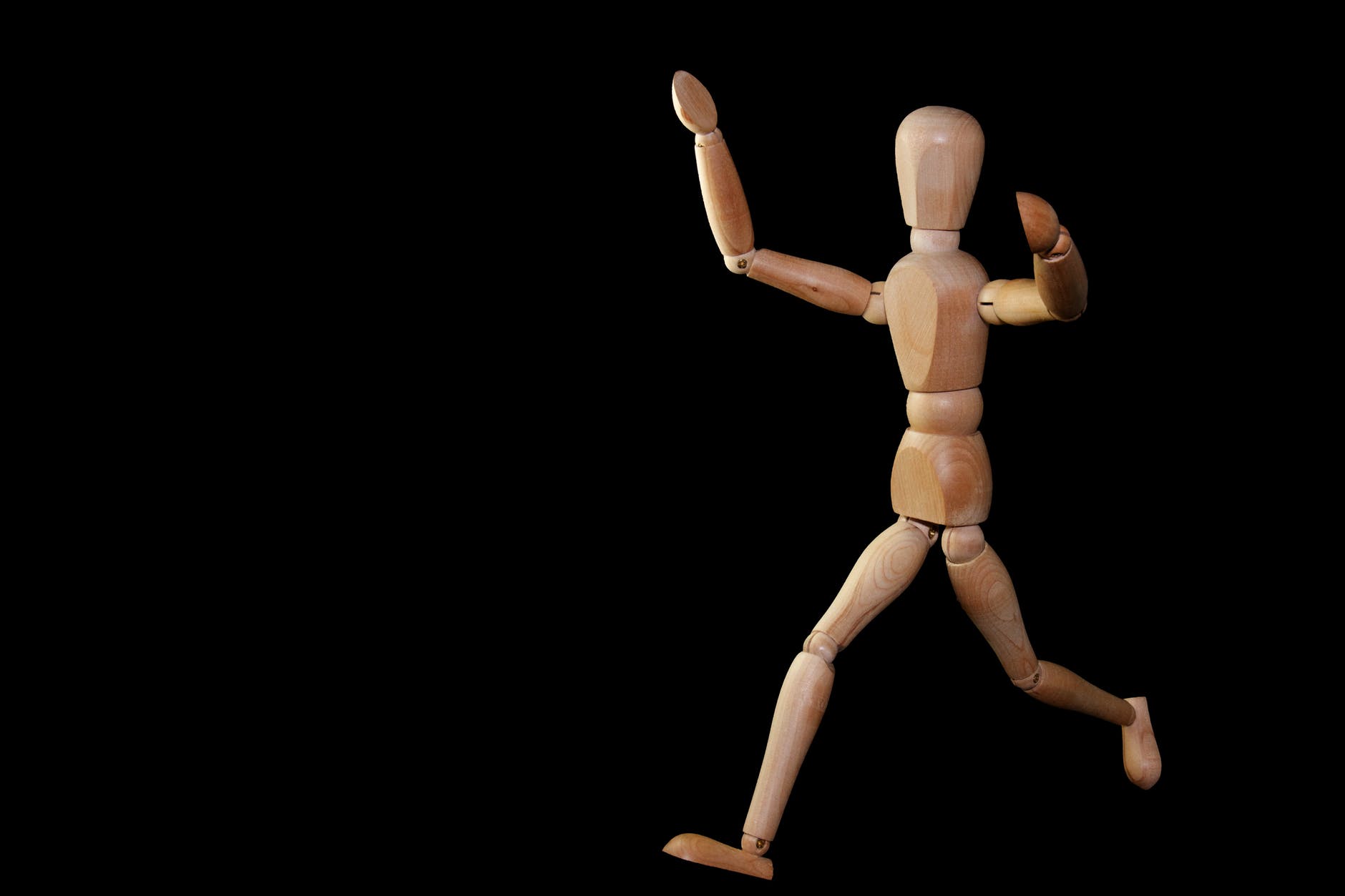The human anatomy is absurdly complex, which is why there are people such as Gil Hedley offering courses surrounding this and there are also so many different fields of study devoted to all of its different parts and systems, and why primary care physicians and surgeons have to go through so many years of schooling. However, in addition to flipping through textbooks and taking countless tests, practical hands-on learning is equally important in understanding the inner and outer workings of the body. Some jobs are perfect for getting to know body parts and their functions. For example, here are four occupations that can help you learn about the human anatomy.
1. Ultrasound Technician
As an ultrasound technician, you’ll be taking internal medical images to help with the diagnosis and treatment of injuries and conditions. As such, you’ll inevitably have to become familiar with the location and positioning of body parts that most people never stop to think about. You might want to take a look at the Butterfly Network website to learn more about their Butterfly iQ+ device, including how it works, how it is beneficial to ultrasound technicians and how the purchase of it can be financed. After all, if you are starting out in this field, you want to give yourself the best chance by having some of the best technology available. When it comes to comparing ultrasound technician schools USA and Europe-based universities tend to offer the most in-depth looks at anatomical features that you’re likely to encounter during the course of your career.
2. Fitness Instructor
If you’re more concerned with learning about external parts and the musculoskeletal system, becoming a fitness instructor might be right up your alley. Fitness experts learn about the movements and functions of muscle and bone groups throughout the body. You’ll also have the chance to feel a sense of fulfillment when you help your clients bring their bodies to their full potential, so it’s an interesting way to study and witness the kind of anatomical transformations that the human body is capable of.
3. Physical Therapist
As a physical therapist, you’ll be tasked with helping clients and patients heal and recover from injuries, disabilities, and other burdensome physical afflictions. This is an exciting field to get involved in because it lets you see what the body is capable of bouncing back from, while also giving you valuable expertise that you can use to help yourself as well as friends and family. Since you’ll be massaging and feeling injured areas to detect scar tissue and other problems, you’ll develop a tactile ability to assess the anatomy on a more focused and precise basis.
4. Nurse or Physician
Whilst highly-trained physicians, like Dr Dan Mintz of DMG who have undergone extensive educational training are typically much more likely to have sufficient knowledge when it comes to our anatomy, registered nurses get to learn almost as much but on a slightly less advanced level. In fact, many nurses go on to become doctors and specialize in particular fields of medicine later in their career, so these are two occupations that can go hand in hand on a resume.
Using Your Knowledge to Improve Your Own Physique
As a healthcare professional, you’ll enjoy the unique advantage of knowing more about the human body than most laypeople, which can be useful when you’re trying to design an effective exercise and diet regimen to better your own physique. Whether you choose to become a fitness instructor, physical therapist, doctor, or nurse, your experiences will undoubtedly make you more knowledgeable about what it takes to stay in shape for the long-term.




